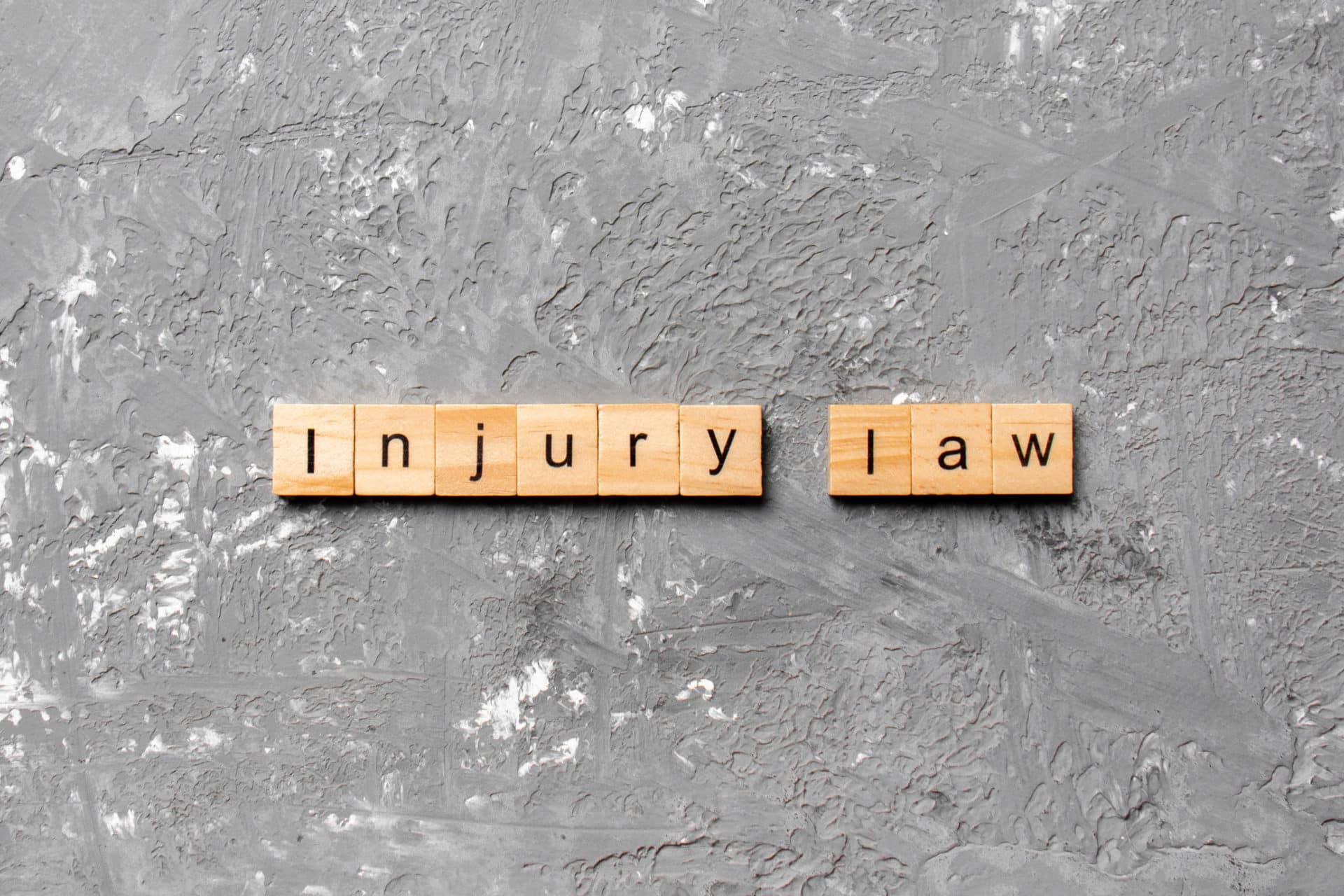
Most people are familiar with the idea of economic losses after an accident that leads to injury. Maybe you’re out of work for a while, or you’ve had to get a lot of expensive medical care, and the bills are piling up. However, not as many people are familiar with the idea of non-economic damages – but they’re equally important in a personal injury case.
Personal injuries can cause losses that go beyond money. After all, every accident can be traumatizing, and the impact of that trauma in everyday life is as real as owing thousands of dollars in doctor’s bills. That’s why, if you’ve been injured in an accident, it’s important to understand not only what your options are for economic damages, but the non-economic damages as well.
The Different Categories of Damages
If someone else caused an injury to you because of their negligence, then you can legally seek damages from the party responsible. In many cases, those damages fall into two categories: economic damages and non-economic damages.
Economic damages can be described as losses that are suffered in monetary terms. For example, the medical bills that resulted from being hospitalized due to your injuries from the accident are economic damages, as is loss of wages if you were unable to work due to the injuries.
Non-economic damages, on the other hand, are a little bit more difficult to measure. That’s because these types of losses include things like emotional distress and PTSD.
In fact, there are several types of non-economic losses that can result from an injury, such as:
- Disfigurement
- Loss of companionship
- Humiliation
- The emotional impact of a new disability
- Loss of sexual function
- Injury to reputation
- Pain and suffering
This isn’t a complete list of non-economic damages in a personal injury lawsuit, but it helps to give you an idea of the types of damages for which you can sue someone that aren’t economic in nature.

Are There Limits?
The next question you may be wondering is if there is a limit to how much compensation you can receive for non-economic damages. Some states do place limits on how much someone can recover for non-economic damages. This is likely done, because the courts have a difficult time quantifying these types of damages.
Luckily, New York is not a state that puts limits on the recovery of this type of damage. New York even allows non-economic damages to be a part of medical malpractice claims, which is quite different than what you find in many other states.
It is important to note that, even though New York helps to pave the way for non-economic damages to be recovered, that still doesn’t make it easy to do so. There is no set formula that can be used to calculate the suffering someone has gone through, which is why working with an experienced personal injury attorney helps to improve your odds of success.
How Are Non-Economic Damages Calculated?
As mentioned, there is no one universal formula used by the courts to determine non-economic damages. If a jury finds that the negligence of another caused your injuries, and that you’re entitled to damages, then it really depends on the circumstances of your case.
However, there are two theories that can be applied to help guide the court when it comes to calculating damages:
Per Diem
Under this method, the jury will assign a daily value to your non-economic damages, values based on how severe the injuries are and how much of an impact it has on your daily life. Then, the jury will multiply the daily value they come up with by the number of days they have been injured. For example, if they assign a daily value of $100, and you’ve been suffering from your injuries for 200 days, then you will get damages in the amount of $20,000.

Multiplier Method
The second method that can be used is called the multiplier method. In this method, the jury will choose a multiplier on a scale of 1.5 to 5.0. They determine the multiplier based on how long the losses have been going on and how severe they are.
For example, if you’ve been permanently injured in such a way as to diminish the quality of your life, they might assign a multiplier of 4.0 to your case, then multiply the economic damages by that multiplier to come up with the total of non-economic damages you will receive.
An experienced attorney can help you to evaluate your economic and non-economic damages, then present your case to help you achieve the best outcome.









